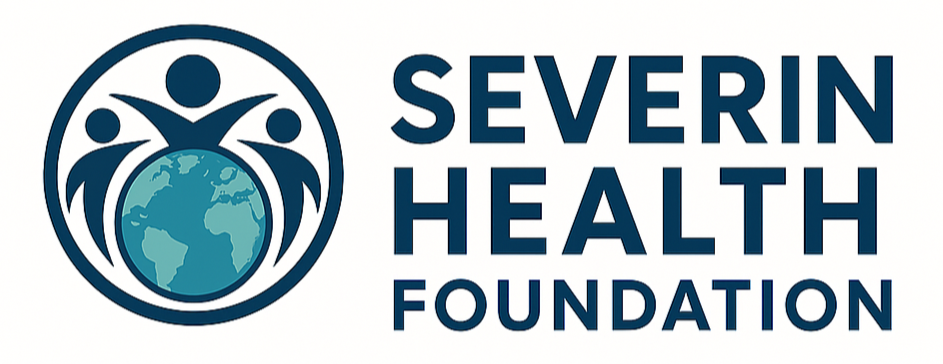Did we need another nonprofit?
"How do you eat an elephant? One bite at a time."
That quote has stuck with me, not just as a metaphor for tackling big problems, but as a reminder that meaningful change starts with small, intentional steps.
Last year, a fellow parent from my son’s school and I began talking about health literacy. We saw a simple opportunity: to help students better understand their bodies, their choices, and the systems that shape their well-being. It started during a time of illness outbreak, with curiosity and care, two moms wondering how we could make health education more accessible and engaging for the kids we saw every day.
But as we dug deeper, the data told a sobering story. Our town’s student population is beautifully diverse, yet the health outcomes and access to information were anything but equitable. The disparities weren’t just local. They mirrored statewide gaps and global patterns. Language barriers, systemic bias, underfunded schools, and fragmented health systems all played a role. What began as a school-based project quickly revealed itself as a microcosm of a much larger issue.
And that’s when the question emerged: Why another health nonprofit?
Because the problem isn’t just big. It’s layered. Solving it requires more than good intentions. It demands a strategic, equity-driven approach that blends education, advocacy, and systems thinking. It calls for collaboration across disciplines, communities, and cultures. It needs a foundation, both literal and figurative, that can hold space for innovation, accountability, and hope.
So we started in our own backyard. We built curriculum tailored to our Title I school. We designed multilingual resources for families. We created digital tools to amplify outreach. But we wanted to do bigger and better things. How could we make this program stronger? What other health education areas could we help the school address? What about kids in the next town over?
Then I began my typical mental snowball. I worried about period poverty in teen girls, cancer screenings for incarcerated women, menstrual hygiene for imprisoned immigrants. Do these groups need help? Do they want help? LET’S MAKE A TEAM AND FIND OUT.
The Severin Health Foundation isn’t just another nonprofit. It’s a response to a need we witnessed firsthand. It’s a platform for health equity that starts local and thinks global. And it’s a reminder that even the biggest problems can be tackled, one bite at a time.
Note: I’ve never eaten an elephant, and I don’t plan to. Promise.

